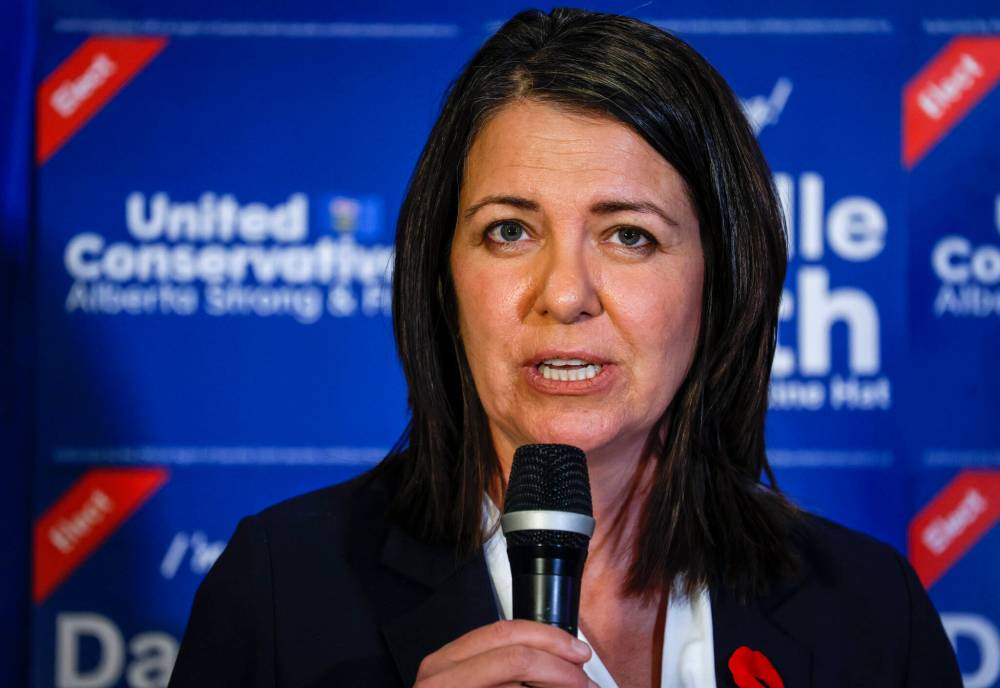Much talk, little action on health reform
Read this article for free:
or
Already have an account? Log in here »
To continue reading, please subscribe:
Monthly Digital Subscription
$0 for the first 4 weeks*
- Enjoy unlimited reading on winnipegfreepress.com
- Read the E-Edition, our digital replica newspaper
- Access News Break, our award-winning app
- Play interactive puzzles
*No charge for 4 weeks then price increases to the regular rate of $19.00 plus GST every four weeks. Offer available to new and qualified returning subscribers only. Cancel any time.
Monthly Digital Subscription
$4.75/week*
- Enjoy unlimited reading on winnipegfreepress.com
- Read the E-Edition, our digital replica newspaper
- Access News Break, our award-winning app
- Play interactive puzzles
*Billed as $19 plus GST every four weeks. Cancel any time.
To continue reading, please subscribe:
Add Free Press access to your Brandon Sun subscription for only an additional
$1 for the first 4 weeks*
*Your next subscription payment will increase by $1.00 and you will be charged $16.99 plus GST for four weeks. After four weeks, your payment will increase to $23.99 plus GST every four weeks.
Read unlimited articles for free today:
or
Already have an account? Log in here »
Hey there, time traveller!
This article was published 28/11/2022 (1104 days ago), so information in it may no longer be current.
Alberta Premier Danielle Smith, taking a page from the book of Manitoba’s Heather Stefanson, is creating an appearance of vigorous activity to reform health service and improve the care of patients. Press conferences are being held, news releases are being issued, bold initiatives are being announced.
In both provinces, however, the bold initiatives come with scant reason to expect they will do much good. Neither province has enough nurses, doctors and therapists in its hospitals to serve the numbers of patients requiring care. Until the ranks of health-care providers increase, some patients will be denied timely care.
Ms. Smith’s plan for Alberta is to speed up transfers of patients from ambulances to the care of emergency department staff. This will get ambulances and their crews back on the road more quickly so those calling for ambulance service will not have to wait so long.
But ambulance patients have to wait like everybody else, because the emergency departments haven’t enough staff to care for them immediately. You can order speedier transfers all you want; nothing will change until you find more nurses. The apparent bold initiative amounts to a vain spinning of wheels.
Jeff McIntosh / The Canadian Press files Alberta Premier Danielle Smith
Manitoba’s approach appears different. This province has apparently decided to increase the number of doctors, nurses and other health-care workers by 2,000. It has published a long list of things it might do to move toward that goal, such as shift differentials and incentives to encourage recent retirees to return to work.
How many retirees are likely to respond to the new incentives, whose amounts have yet to be announced? How many others will retire in the meantime? How long will the returning retirees stay in a rat race they already quit once?
As with the Alberta reform of ambulance service, the Manitoba government’s idea regarding incentives is something to put in a news release, but it rests on an assumption that things will work out. The daily experience of people in the health-care system suggests otherwise.
Alberta is also going to enable paramedics to triage patients so as to decide which ones need emergency department care. Alberta paramedics already do this, as do paramedics everywhere. Continuation of what they are already doing is not going to alleviate pressure on hospitals and their emergency departments.
The shortage of doctors, nurses and therapists is widespread in North America and Europe. The scarcity feeds on itself, since it makes conditions more severe for those who remain at work, trying to spread the load among a reduced number of workers. The worse things get, the worse things will get.
Means may eventually be found to make health-care work more agreeable and more remunerative so as to achieve a better balance between demand for health service and the numbers of people providing care. Government press releases about measures that might be tried, however, are not by themselves going to make a difference.
Ministerial announcements of this kind create an appearance of activity. For those presiding over the health-care crisis, this is important.
For patients seeking care and for hard-pressed staff trying to provide care, however, the mere appearance of activity is unhelpful. And claims by opposition politicians that they would do a better job should be received with skepticism.
Magnificent work is being done every day to diagnose, treat and cure the sick. Medical research is finding better solutions every year so life expectancy for people who live where care is available has risen steadily over the last century.
Pain and death still await us all, however, and the journey is increasingly difficult to navigate. The public should not expect much relief from ministerial press conferences.












